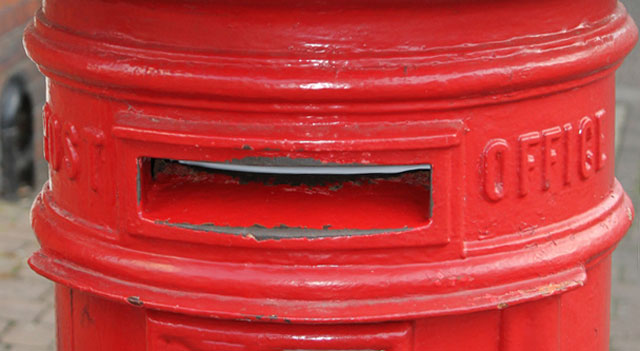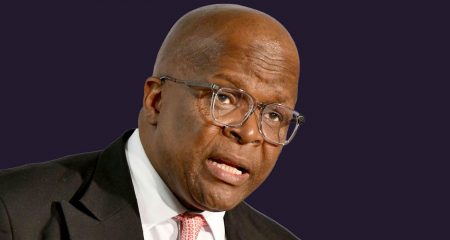
The strike at the South Africa Post Office (Sapo) has been suspended, the Communication Workers Union announced on Tuesday.
“Over the past weekend, CWU engaged with workers through our regional and local leadership with workers in Sapo. After a number of considerations, an overwhelming number of workers resolved on suspending the strike,” CWU said in a statement.
“The decision comes after we have noted with contempt the signing of the settlement agreement between government, Sapo corrupt management and their two allied unions.”
The union said it refused to sign the agreement as it further worsened the conditions of workers in favour of the company bosses and the department.
On Friday, a wage agreement was reached with two of three recognised unions at Sapo.
The two unions — the South African Postal and Allied Workers’ Union (Sapawu) and the Democratic Postal and Communications Union (Depacu) — agreed to a 6,5% wage increase for the bargaining unit, which would be effective on 1 December.
Sapawu and Depacu represented 61% of employees at bargaining level.
Part of the agreement involved converting part-time and casual employees to full-time employees from 1 December, with full benefits becoming effective on 1 April 2015. The full conversion would be completed within 24 months.
CWU, which represents 39% of the employees, demanded a 7,5% increase.
However, CWU said on Tuesday that the 6,5% increase was not the mandate of workers and the conversion of workers into permanent positions over a period of over two years was not acceptable.
It also refused to sign the agreement because the reinstatement of 588 workers who were dismissed in their original positions with their benefits had not been addressed adequately.
CWU said the agreement presented conditions which could only be fulfilled if the company recovered from its difficult financial position.
“All of the above simply means that the agreement defends management of Sapo and worsens workers’ conditions,” CWU said.
It said workers had further mandated the union to continue pursuing their demands.
“As CWU we are given a mandate to advance these demands and failure to reach any agreement will result in CWU calling for a strike early in 2015.”
Sapo welcomed the end of the strike on Tuesday.
“The end of the strike is a pleasing outcome that should be applauded given the negative impact the strike has had on the country broadly,” leader of the intervention team Simo Lushabathe said.
The team was appointed by telecommunications and postal minister Siyabonga Cwele and finance minister Nhlanhla Nene.
Lushabathe thanked the unions, Cwele and other parties who contributed to the outcome.
However, he noted that constant unprotected strikes had a negative impact on Sapo, its customers and employees.
“While we are encouraged by the end of the strike, it should also be put across to all affected parties that under our watch, and going forward, the SA Post Office will no longer tolerate any interruptions to its operations due to strikes which do not fall within the ambit of the applicable labour dispensation of this country.”
He said the strike had also eroded Sapo’s credibility.
On Tuesday, only 0,7% of the workforce remained absent from work.
It would take 22 days to process and deliver the mail backlog emanating from the three-month long strike, Lushabathe said. — Sapa




